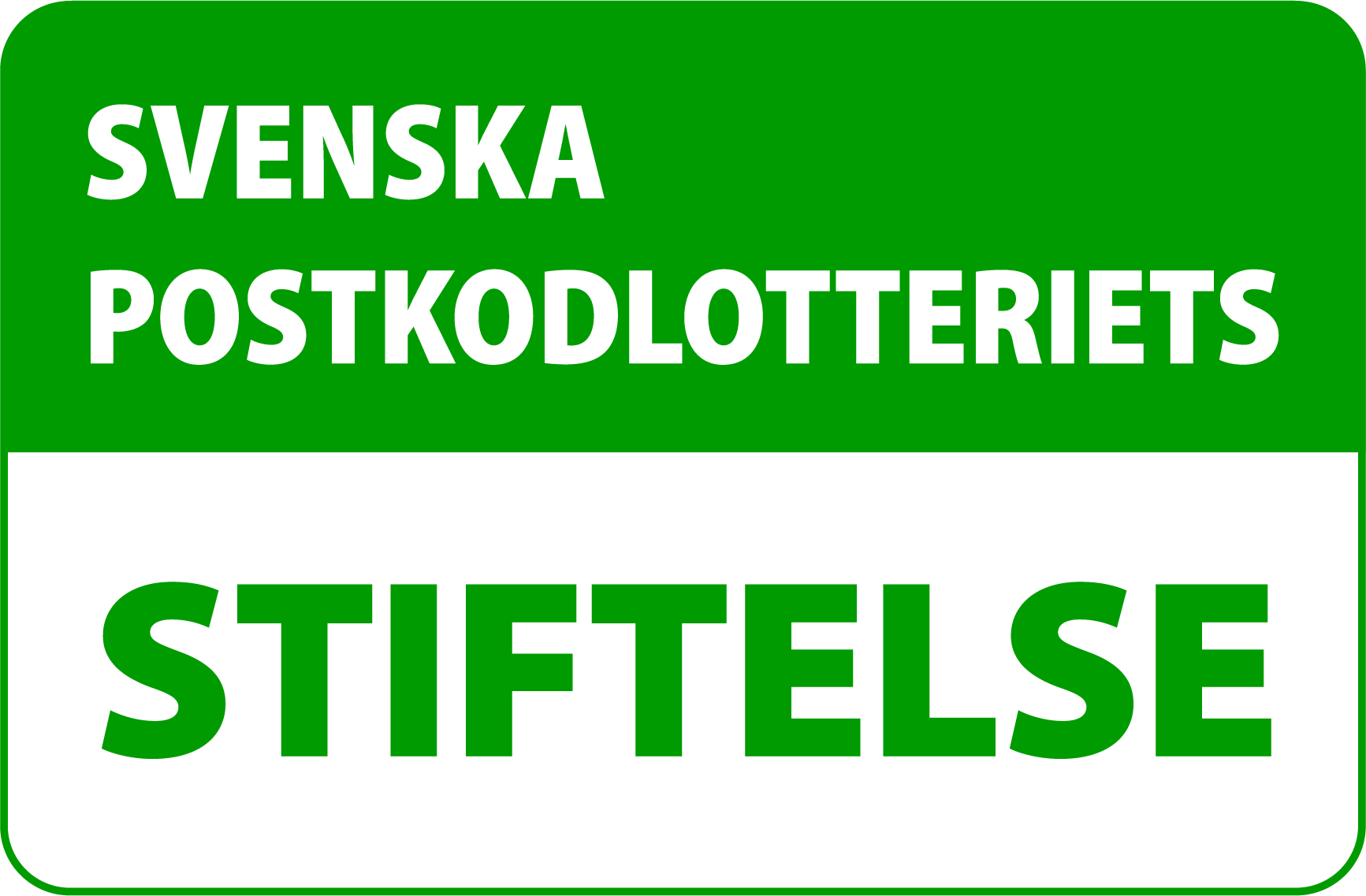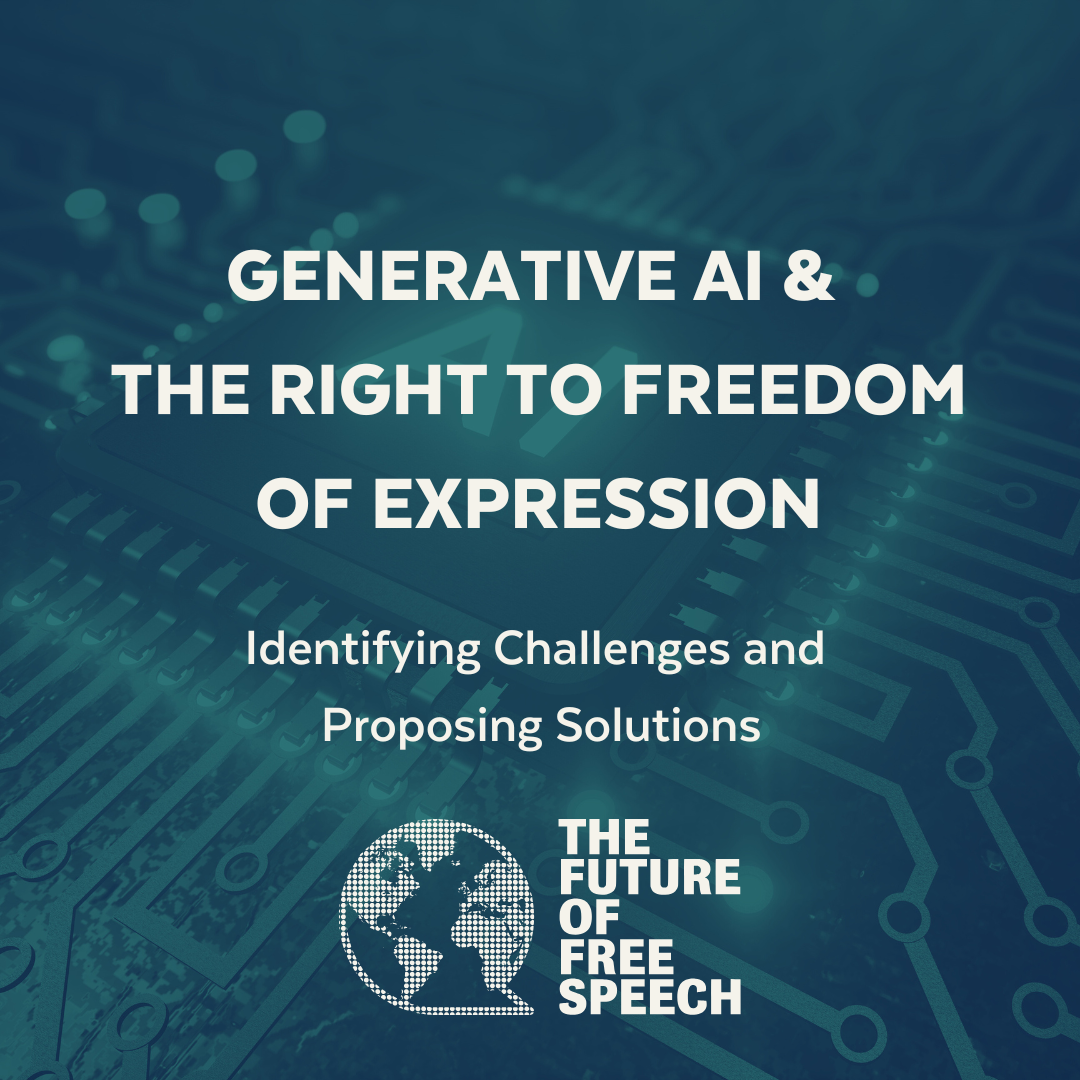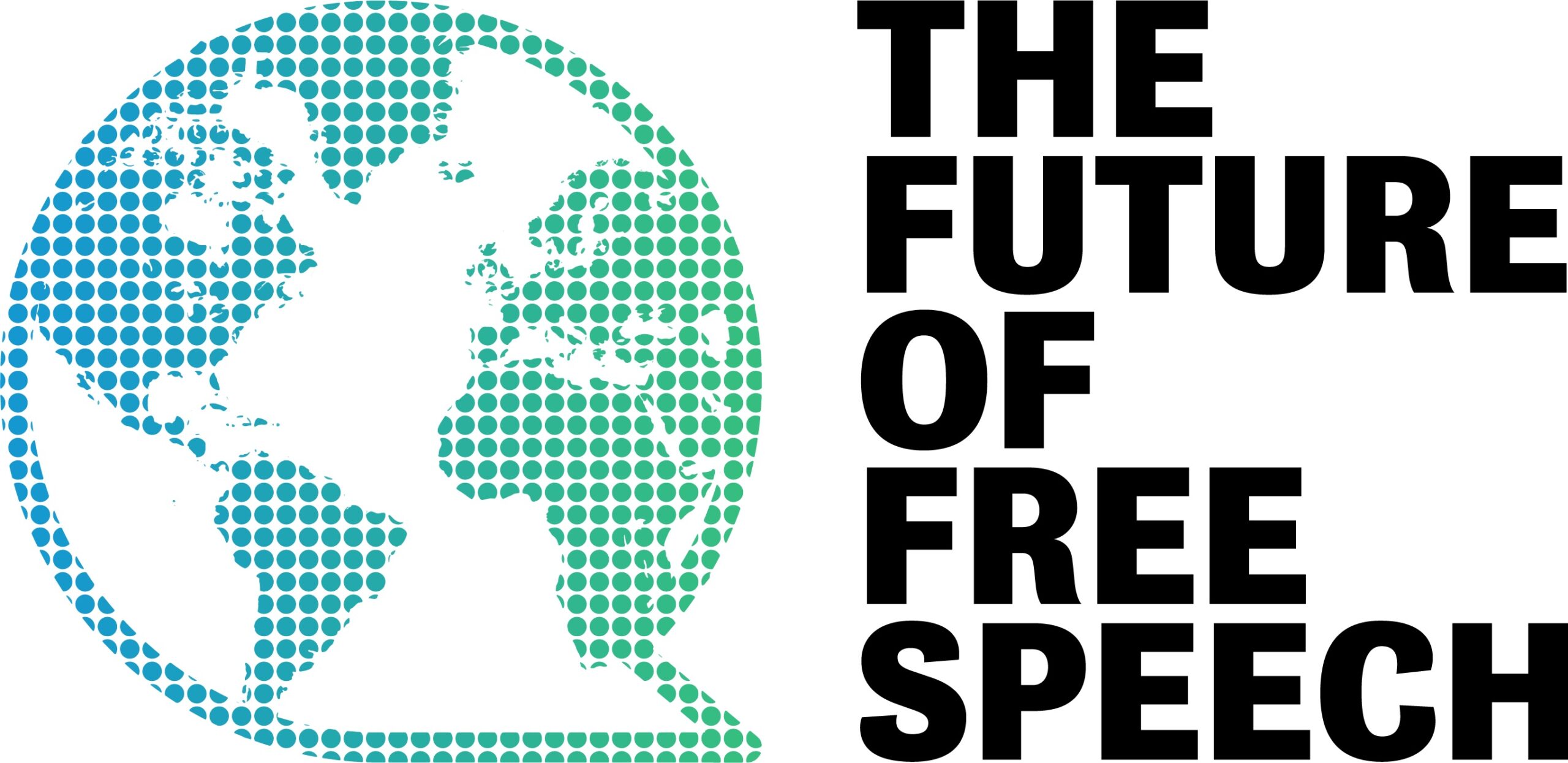Mapping AI Speech Restrictions
As generative AI technologies increasingly shape global communication, they bring both tremendous opportunities and serious risks for free expression. This project, led by Justitia (The Future of Free Speech), explores how AI is being used to regulate speech in both democracies and authoritarian regimes, often blurring the line between moderation and censorship.
The project led by Justitia (The Future of Free Speech) promotes transparency, accountability, and policy guidance, mapping AI censorship practices in 12 countries across liberal democracies and authoritarian regimes. It explores how national security, disinformation laws, and cultural norms intersect with AI governance, blurring lines between moderation and censorship. With input from local experts, the project will build a comprehensive database mapping AI censorship globally. Findings will inform Generative AI Free Expression Guidelines for policymakers, tech companies, and civil society, developed through multi-stakeholder collaboration. The project will develop practical Generative AI Free Expression Guidelines, host roundtables, workshops, and public events at the Copenhagen Democracy Summit and Örebro University. It will carry out advocacy to work on policy reforms through dialogue with European Union institutions, civil society, and tech companies. All outputs will be informed by peer-reviewed research. The project aims to influence policy reforms, integrate findings into legal and corporate frameworks, and empower civil society through an interactive AI censorship map. By advancing transparency and accountability, the project seeks to ensure that AI strengthens democracy rather than suppressing it.
In this project, Justitia (The Future of Free Speech) is working through to promote a global digital environment where freedom of expression and democratic values are protected, and where fundamental human rights are upheld in the governance of generative AI.
The project is supported with 2 500 000 SEK.
What happens in the project?
The project aims to build a knowledge platform that provides up-to-date information and serves as a key resource for academics, policymakers, and civil society actors who are committed to defending freedom of expression in the digital age.
- – It includes a comprehensive analysis of how government and corporate regulations of generative AI—across both democratic and authoritarian states—impact freedom of expression, assessed against international human rights standards.
- – The findings will be published in two annual reports.
- – To ensure broad impact, the results will be shared through presentations at relevant conferences and forums, expert roundtables, stakeholder consultations, meetings with EU Parliament officials, educational workshops for civil society organizations, academic publications, and media outreach.
Project time status
25%
This project started in April 2025 and ends in April 2027
For more information: https://futurefreespeech.org/







